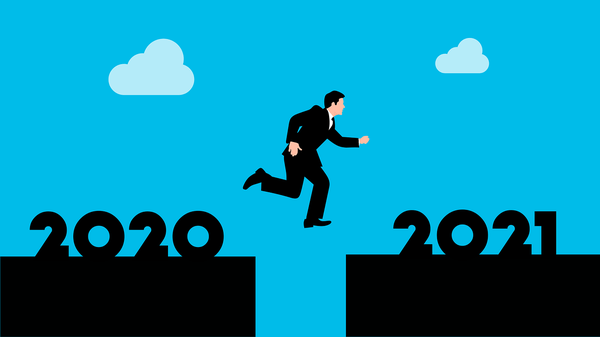A Race Between Vaccines and the Virus as Recoveries Diverge
In just three months since we released our last forecast in October, recorded COVID-19 deaths have doubled to over 2 million, as new waves have lifted infections past previous peaks in many countries. In these same three months, multiple vaccines have seen unexpectedly strong success and some countries have started ambitious vaccination drives. Much now depends on the outcome of this race between a mutating virus and vaccines to end the pandemic, and on the ability of policies to provide effective support until that happens. There remains tremendous uncertainty and prospects vary greatly across countries.









